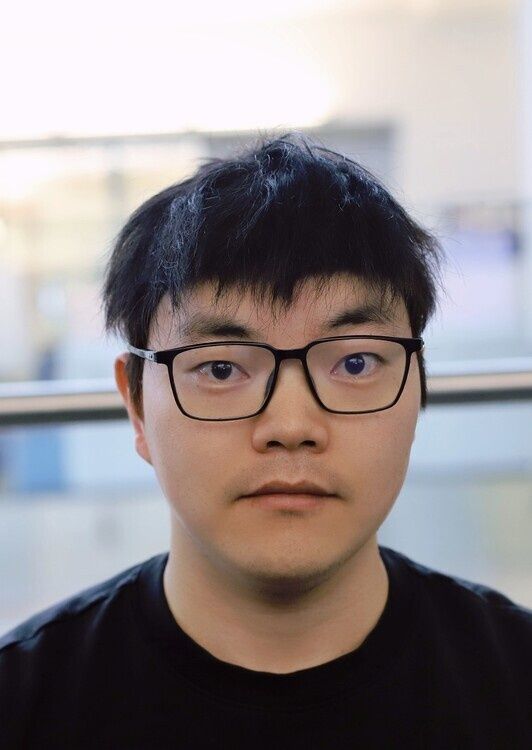
Kavli Institute at Cornell Seminar by Guanxing Li (King Abdullah University of Science and Technology)
Is Atomically Imaging of Extremely Beam-Sensitive Materials Achievable via 4D-STEM Ptychography?
Crystalline porous materials such as zeolites and metal–organic frameworks (MOFs) play pivotal roles in diverse applications, including gas storage and separation, heterogenous catalysis, molecular sensing, and biomedical advancements. Their unique properties stem from well-defined porous structures, tunable pore sizes, high surface areas, and flexible functionalization. To harness their full potential, characterizing these materials at an atomic scale is imperative. Transmission electron microscopy (TEM) stands as an indispensable tool for local structural imaging with sub-angstrom resolution. However, the electron beam sensitivity of zeolites and MOFs presents a significant challenge in obtaining high-resolution TEM images due to the beam damage. Thanks to the rapid development of fast pixelated detectors and sophisticated algorithms, an emerging TEM imaging technique, i.e., ptychography, based on 4-dimensional scanning TEM (4D-STEM) dataset, has the potential to overcome the current limitations of other low-dose TEM imaging methods. Our aim is to explore the feasibility of 4D-STEM ptychography to atomically image these sensitive materials under extremely low-dose conditions.
The presentation begins with an overview and comparison of different low-dose (S)TEM imaging methods, emphasizing their inherent limitations. Subsequently, the talk delves into the advantages and potential applications of 4D-STEM ptychography, providing insights into its capabilities through simulated works for optimizing imaging parameters. The feasibility is demonstrated through successful experimental cases on zeolite samples, while acknowledging the challenges associated with imaging more sensitive MOFs. The presentation concludes by discussing these challenges and proposing strategies to advance the application of 4D-STEM ptychography in imaging extremely beam-sensitive materials.